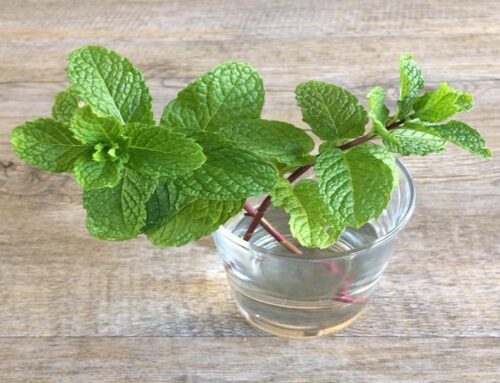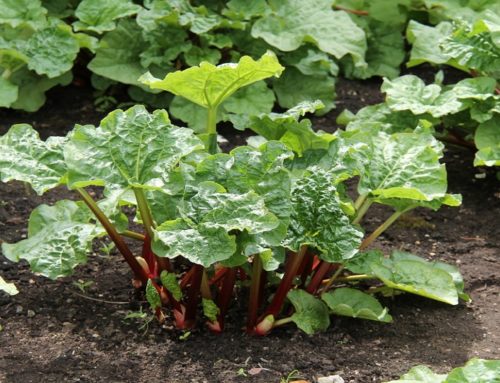Fennel bulb balances hormone production and dispersal. It also clears congestion in the bowels. It is a diuretic vegetable. It helps body to eliminate fat. Fennel is carminative i.e. it soothes the digestive system. Fennel bulbs are rich in flavonoids rutin and quercetin; both of them are powerful antioxidants which impart fennel bulb its anti-cancer properties. Fennel bulb contains very little fat, zero cholesterol and zero caffeine. It is a low-calorie vegetable with 100 g bulb carries just 31 calories.
Fennel bulb is rich source of vitamin C, a water-soluble antioxidant. 100 grams of fennel bulb contains 12 milligrams of Vitamin C which is capable to neutralize/inactivate free radicals in all aqueous environments of the body. Fennel bulbs are rich in potassium, i.e. 100 grams of edible portion contains 414 milligrams of potassium. Presence of potassium is helpful in lowering blood pressure and therefore to prevent risk of stroke and heart attack. Fennel bulbs are rich source of aromatic essential oils like anethole, estragole, and fenchone (fenchyl acetate). The antimicrobial properties of fennel bulbs are due to the presence of anethole.
Fennel bulbs are rich source of folate. Consumption of 100 g fresh bulbs provides 27 µg of folates (folic acid). Regular consumption of folic acid through a healthy diet is recommended for pregnant women for giving birth to healthy new born babies free from neural defects.
Fennel bulbs are rich in dietary fiber. Consumption of 100 grams of fennel bulbs provide 3.1 grams of fiber which cleanses the digestive tract and thus reduces the risk of colon cancer. Dietary fiber adds bulk to the stool and reduces constipation.
Fennel bulbs are rich in Vitamin K, blood-clotting and wound-healing hormone. 100 grams of edible portion of fennel bulb provides 62.8 µg of vitamin K.







Leave A Comment
You must be logged in to post a comment.